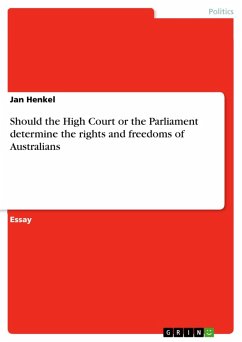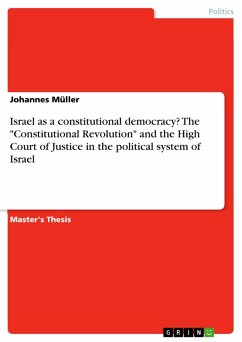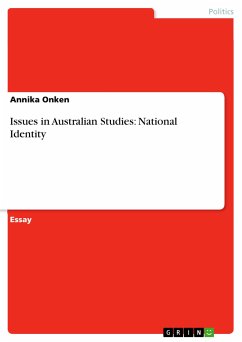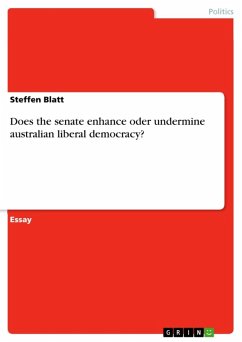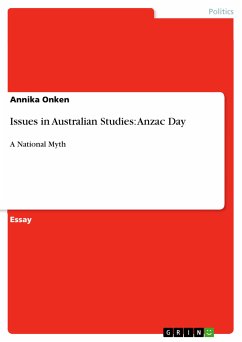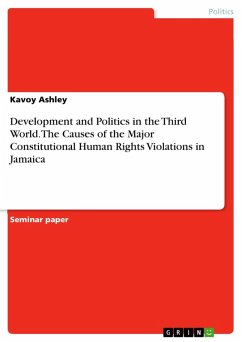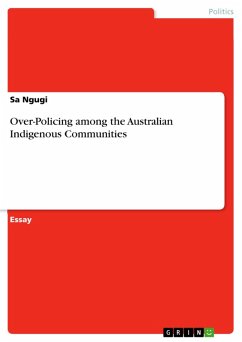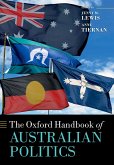Essay from the year 2004 in the subject Politics - Region: Australia, New Zealand, grade: credit (70/100), The University of Sydney (Faculty of Economics and Business), course: Australian Politics, language: English, abstract: It is known that in a democracy there are, in general, three different branches of the government: the legislative, the executive and the judicial branch. This essay explores the relative powers of the legislation and the judiciary in determining the freedoms and rights of modern days Australians. It specifically questions whether the High Court or the Parliament should determine the rights and freedoms of Australians. If you examine modern day theories of democracy, you will discover that the legislative branch of government is traditionally responsible for making law and the judiciary for interpreting law. These two bodies, as they are respectively known in Australia, are the Parliament and the High Court. Between these two bodies, an intimate relationship exists that inevitably leads to interpretive and political conflicts, namely because it is "the judge it is who must decide what the Act means" (Gifford, p.39). The main difficulty of this implicit conflict is a subjective determination concerning exactly where the power of the legislation, in our case the Parliament, ends and where the power of the judiciary, in our case the High Court, begins. In answering the main question of this essay, one must also address the relevant moral dimensions associated with this relationship. In adopting this methodology, I shall be able to decide which alternative is the better. Is it preferable if the High Court determines the rights and freedoms or should that be a task of the Parliament? First of all I think it is necessary to emphasize the roles of the Parliament and the High Court in the Australian democracy. For that I would like to have a look into the Constitution of Australia and mention the traditional duties of the legislation and the judiciary in the separation of powers. After that I am going to discuss which freedoms and liberties should be protected in the Australian democracy. Are there pre-existing implied rights that are not mentioned directly in the Constitution and how can those rights be protected? Furthermore, I want to discuss if it is possible to protect those rights despite the fact that they are not mentioned directly in the Constitution. I also want to analyze the arguments for and against judicial activism, as well the issues relating to excessive judicial authority.
Dieser Download kann aus rechtlichen Gründen nur mit Rechnungsadresse in A, B, BG, CY, CZ, D, DK, EW, E, FIN, F, GR, HR, H, IRL, I, LT, L, LR, M, NL, PL, P, R, S, SLO, SK ausgeliefert werden.

